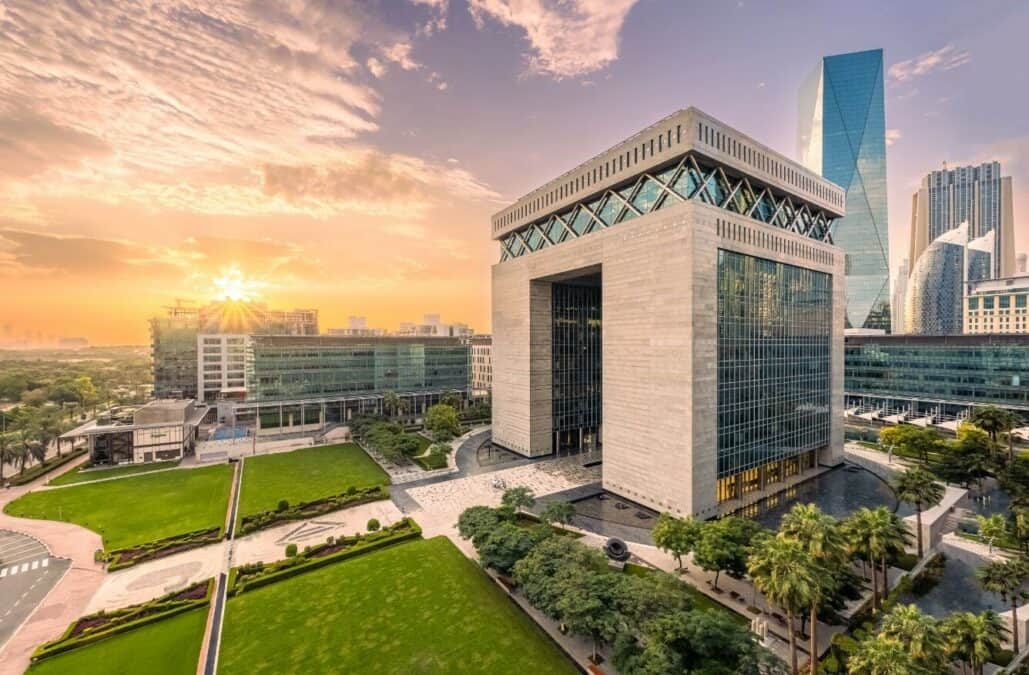RIYADH, SAUDI ARABIA — Saudi Arabia recently announced plans to invest over US$ 6.4 billion in cutting-edge technology. Part of this total is a one-billion-dollar investment in a company called NEOM Tech & Digital, named after the planned city built on the site.
According to the Saudi Press Agency, the firm has future ambitions to build its own metaverse in the Kingdom. Aramco, the Saudi government’s oil business, will put a billion dollars into the startup incubator Prosperity7 Ventures to focus on developing and commercializing cutting-edge technologies like blockchain.
The real estate sector is the preferred investment, real or virtual. Real estate based on metaverse is a piece of land on a platform on which you can build anything digitally, such as an art gallery or a digital concert hall.
In addition, one can also build the platforms that develop these lands to reap revenue by selling or renting them to luxury brands and fashion houses trying to reach consumers in the metaverse.
At the same time, the UAE Ministry of Economy has announced the launch of a virtual headquarters in the realm of “Metaverse” so that the country may reap the benefits of virtual reality without having to build physical embassies and consulates around the globe.

Strategic approach
Jad Baroudi, Director of Strategy & Middle East, part of the PricewaterhouseCoopers network, stated that in 2022, the GCC took a strategic approach to invest in the metaverse by focusing on experimentation and finding suitable business use cases.
GCC economies are cautious, waiting for the technology to develop and get widespread user adoption before making any significant expenditures. However, they can ensure they are investing in the right technology at the right moment by testing out various uses and applications.
In an interview with TRENDS, Baroudi explained that “this approach allows them to gain a better understanding of user needs and tailor their offerings accordingly, which will help in the mass adoption of the metaverse in the future. This approach not only minimizes risk for the initial investments but also helps position the GCC for success in the metaverse economy”.
Expectations
The potential contribution of metaverse to the GCC economies could reach about US$ 15 billion annually by 2030, of which US$ 7.6 billion will be in Saudi Arabia, followed by US$ 3.3 billion in the United Arab Emirates, according to a report released by Strategy& Middle East.
Qatar will come in third place, investing US$ 1.6 billion, then Kuwait with almost US$ 1 billion, Oman with US$ 0.8 billion, and Bahrain with around US$ 0.4 billion.
When comparing GCC investments in the metaverse with other parts of the world like the US or Europe, for example, Baroudi mentioned that it is difficult to compare the two. This is because the lion’s share of investments in the US and Europe are directed towards R&D and building the technology underpinning the metaverse from hardware to software and platforms to networks.
While in the GCC, investments are far more focused on developing and exploring use cases that will be built on top of the metaverse platforms.
In the US, the primary winners will be those who invest in the metaverse tech platforms, while in the GCC, that is more likely to be those who innovate use cases across other industries, according to Baroudi.
Challenges
But before the metaverse can attain its full potential, several fundamental problems and uncertainties must be resolved; Baroudi stated them as follow:
Building the most widely accepted vision of the metaverse requires significant advancements in technology, such as improved AR/VR hardware, scalable and engaging end-to-end metaverse platform(s), better graphics and processing capabilities, and more efficient network infrastructure. These advancements will take years to reach maturity and billions of dollars in R&D investments.
The metaverse will need to be able to connect various virtual worlds and platforms seamlessly. However, companies that initially dominate the metaverse will have a solid incentive to lock in users and prevent them from quickly moving to other platforms. To address this, governance bodies and standards will need to be introduced. The metaverse monetization is still uncertain, making it difficult for investors and entrepreneurs to see a clear path to profitability. Innovating and testing new business models will be essential without replicating the ad-first model caught in Web 2.

